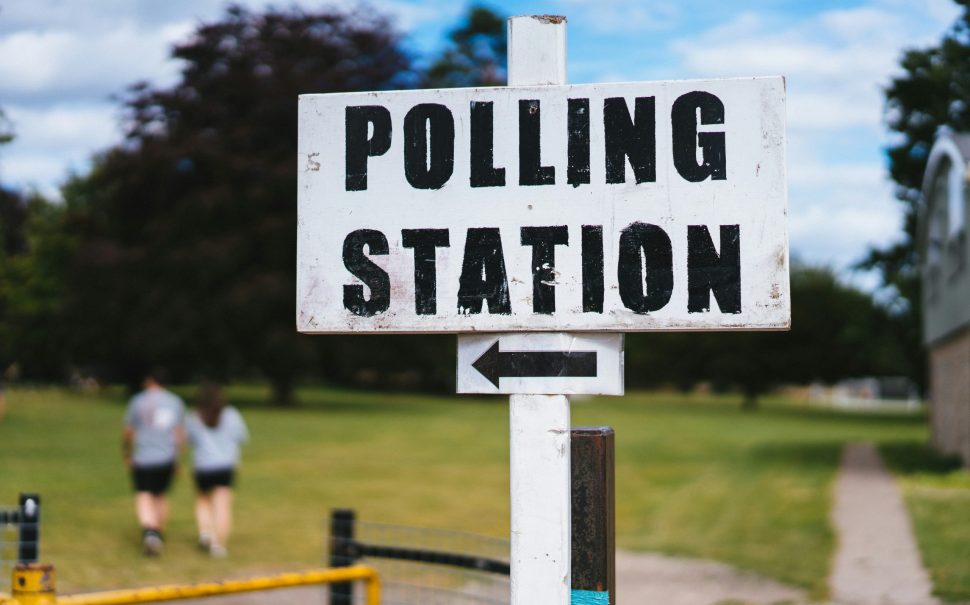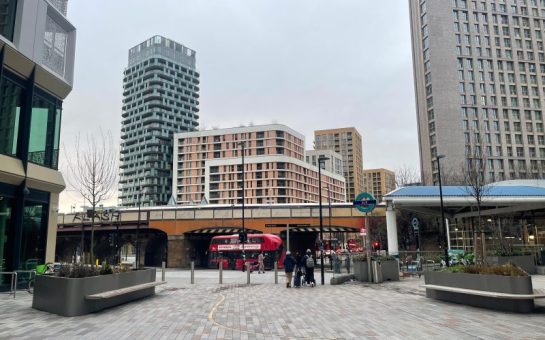Young people are turning away from established political parties and starting to look for non-traditional alternatives, new data suggests.
If an election was held tomorrow, the Green Party and Reform UK would each collect a 15% share of under-30’s votes, compared to the once dominant Conservatives’ measly share of 9%, data from the John Smith Centre Youth Poll shows.
This report highlights young people’s exploration of political options beyond the traditional, “whether Green progressivism or populist right alternatives.”
Reform UK’s South East London Regional Organiser Mark Simpson said: “These traditional alliances, these traditional bonds that have tied people to certain parties are breaking down, if they haven’t already.
“The two main parties are offering nothing for young people.
“They are the establishment and young people like to push back against authority.”
Reform UK made waves at the 2024 General Election, gaining over four million votes – more than the Liberal Democrats – despite picking up 67 fewer seats than Ed Davey’s party.
They also shocked the UK with their gains in last month’s local elections.
Reform gained 677 councillors, displacing the Conservatives of 674 councillors across the country, meaning that Reform UK now has control of 10 councils.
Mary Lawes won at the recent elections as a candidate for Folkestone East, helping Reform overturn Kent County Council, a Conservative stronghold of nearly 30 years.
Mary said: “The two party system is broken and it doesn’t speak for young British people.
“[The other parties] are very disillusioned.
“People that are younger and younger are getting into politics because they are really struggling, it’s awful to see.
“They’re left behind by the local governments, local councils and both parties.”
Support for the Green Party has also seen a major uptick in recent years, with the party comfortably holding control of Bristol City Council.
Green Party Co-Leader Zack Polanski said: “For young people, the idea of affording London rents, let alone owning their own home, is so far off as to be unimaginable.
“The old tired Westminster parties’ solution is to offer more of the same.
“The Green Party are standing up for a generation left behind by the old parties.”
This shows a shift away from the norm, and a trust from young people in independence to run the country.
Dylan Law, a 19-year-old Green Party candidate for Hackney Council expressed the importance of getting into politics, especially at his age.
He said: “A lot of people don’t think it’s possible to get into politics so young, and they can be quite condescending.
“However, the idea of how impossible it is is why I pursued it so strongly – for me it’s a sense of achievement.
“If you think about things like sports, business, maths, science those things are encouraged for young people – you can get subsidies and grants for them.
“You will never see the same thing when it comes to politics.
“I think a lot of young people would feel more satisfied if they saw more of their own age or generation doing so.
“Someone your own age is more likely to represent your own age than someone who’s not.”
In the 2024 general election the Green Party and Reform UK collectively received over six million votes, just shy of the Conservatives’ 6.8 million.
Despite this, their combined nine MPs are no match in terms of representation for the Conservatives’ 121 seats.
Many have questioned whether the First Past the Post system used in British elections breeds accurate representation.
Under a proportional representation system, Reform UK would have more seats than the Liberal Democrats and easily sit as the third-largest party in the House of Commons.
Dylan added: “I completely disagree with the current system – I think the one that they currently use is completely disproportionate.
“It allows someone with 30% of the vote to get a very large majority – It’s flawed.”
This report suggests that as more young people enter the voting pool, this gap may narrow even further.
Plans to lower the voting age may have a negative effect on the two parties that currently hold most of the seats.
In their manifesto, Labour pledged to lower the voting age to 16, a policy that if implemented would prove to be very beneficial to the Greens and Reform.
Currently 16 and 17-year-olds can vote in devolved local council elections in Wales and Scotland, but not for UK Parliament and local councils in England.
According to the John Smith Centre Youth Poll, 54% of 16-17 year old’s say they would support an independent party over a mainstream one.
Reform’s Simpson added: “The support Reform get’s amongst the young people is huge.
“If Keir Starmer wants to do it then fine, bring it in, it will benefit Reform.”





Join the discussion